
記者/譯者
African Interview Notes: Looking for Taiwan in East Africa, Looking Back at Taiwan
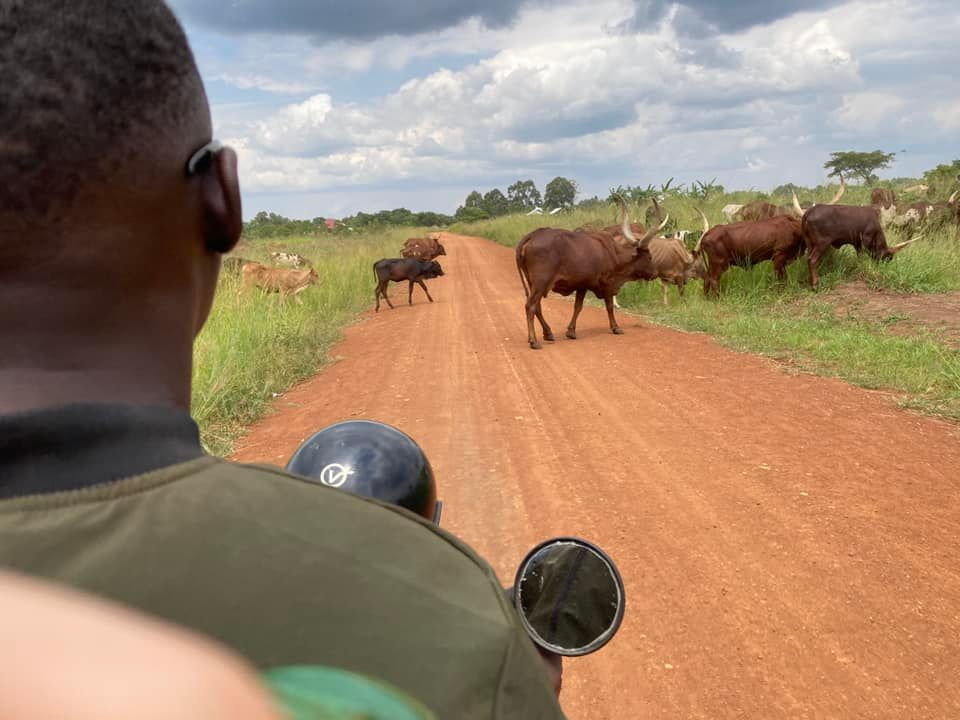
When I went to Africa for an interview this time, I couldn't help but always look for and look back at Taiwan on the way.
For example, when I was in Uganda, I lived in the dormitory of the Taiwanese NGO "Love Binti", and once went to the countryside with a transport truck to interview at their base near Lake Victoria.
Because of their long-term operation, almost all the children in the village will shout "Taiwan, Taiwan" when they see me, instead of "China, China" like other places, it feels a bit strange-although I don't like it very much. This kind of phenomenon is represented by a country as a stereotype of a certain group, but this also proves the efforts of Taiwanese organizations to stay here for many years.
At the "Love Girl Love Binti" base, I met three employees/volunteers from Taiwan. They are the architect Cheng Han who is doing project management here, and the two volunteers introduced by CCICED- ─Ding from agronomic background, and Coco from community building. In addition to the three Taiwanese, there is also an employee Sofie from Denmark (also Cheng Han's girlfriend), who is also doing project management here.
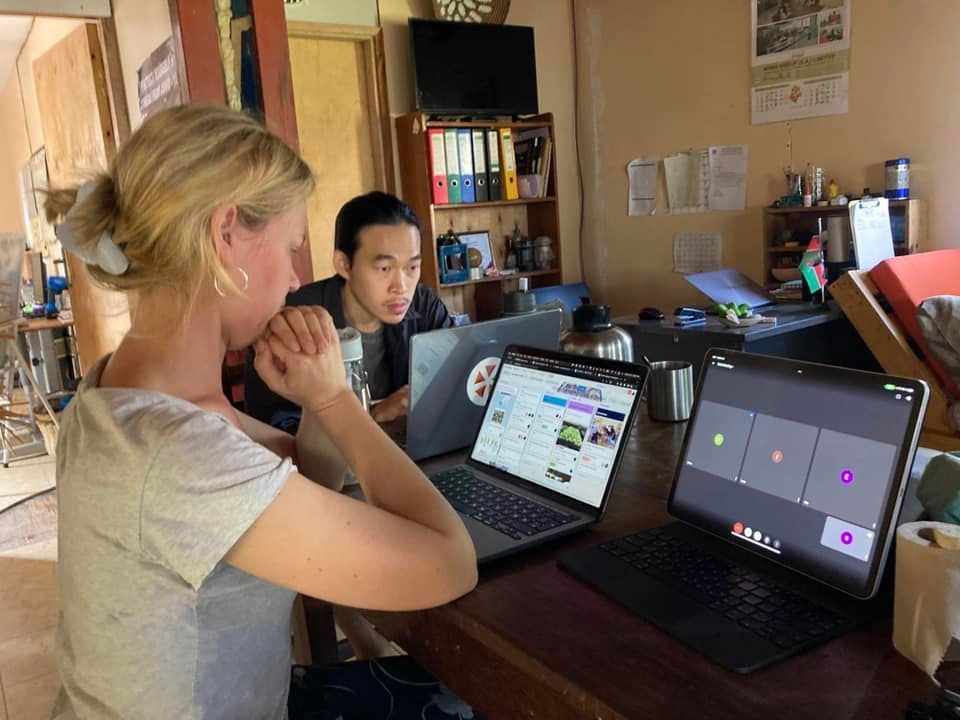
"Love Girl Love Binti" plans here include:
(1) Drilling wells: Water fetching is generally the job of children, reducing the walking distance and time to fetch water can increase the school attendance rate of children.
(2) Introduce agricultural plans: increase crop diversity, improve agricultural methods, and find more diversified sales channels to avoid prices being controlled by brokers and reduce market information asymmetry.
(3) Improve the environment of the school building: Architects from Taiwan are stationed here, using local natural building materials and earth ramming to build facilities and reduce the use of expensive cement. In addition to rebuilding school kitchens and toilets, they also built resource recycling stations and established the concept of garbage disposal.
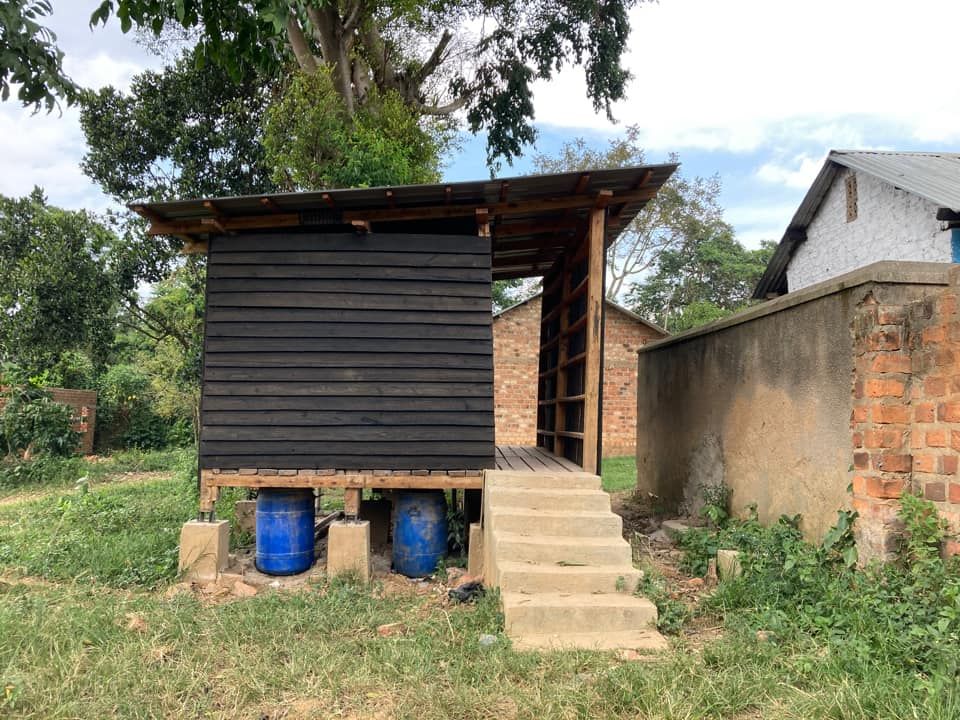
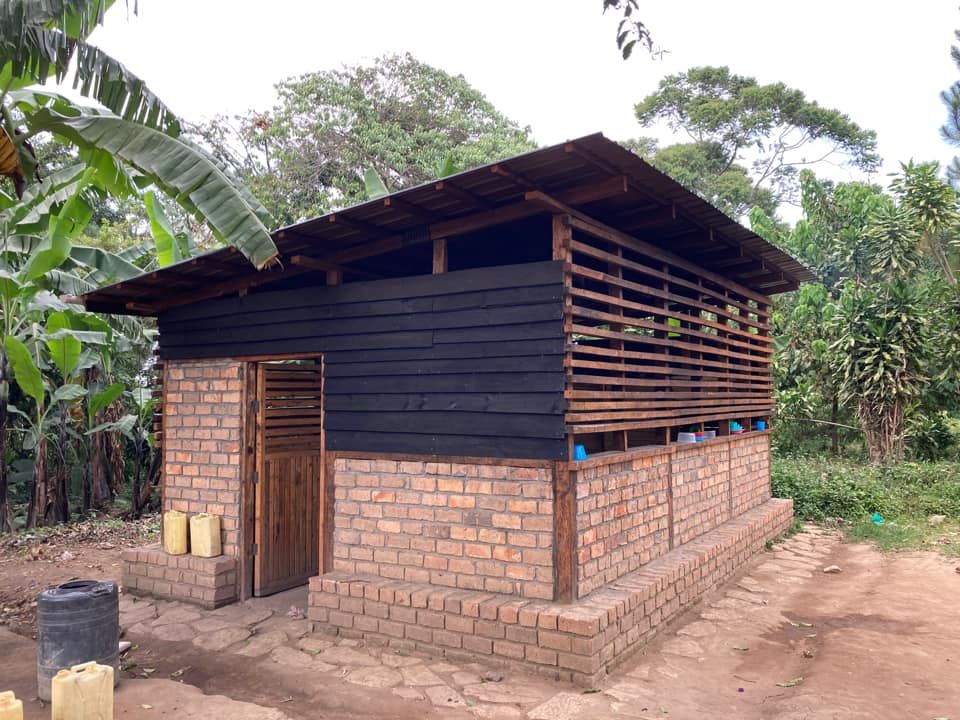
The next project of "Love Girl Love Binti" is to improve the stove, because the fuel used locally is wood that has not been properly dried, so the combustion efficiency is very low, and for those who cook in the kitchen, the smoke is harmful to the body The damage is also great. In addition to improving residents' lives at the local level, this plan can also respond to the international agenda of "reducing carbon emissions" at a more macro level. Therefore, they are also planning to implement this plan in the international "carbon allowance market". plan to raise funds.
Seeing the changes they have brought in the village, I feel that it is really commendable that Taiwan can appear in Africa in this way.
Some scholars in Taiwan will criticize that, compared with China's development aid discourse that emphasizes "making money together" and "growing together," Taiwan's development aid program "likes to emphasize 'love' too much." However, judging from the operation of "Love Girl Love Binti" in Uganda, Taiwan Development Assistance Organization has indeed changed its thinking in recent years.
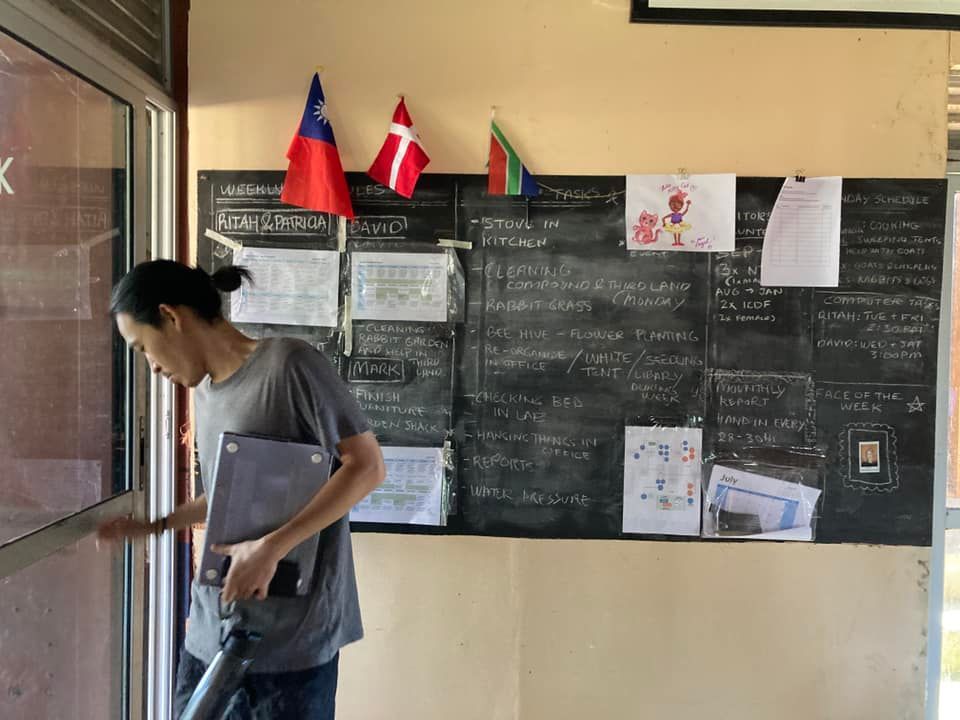
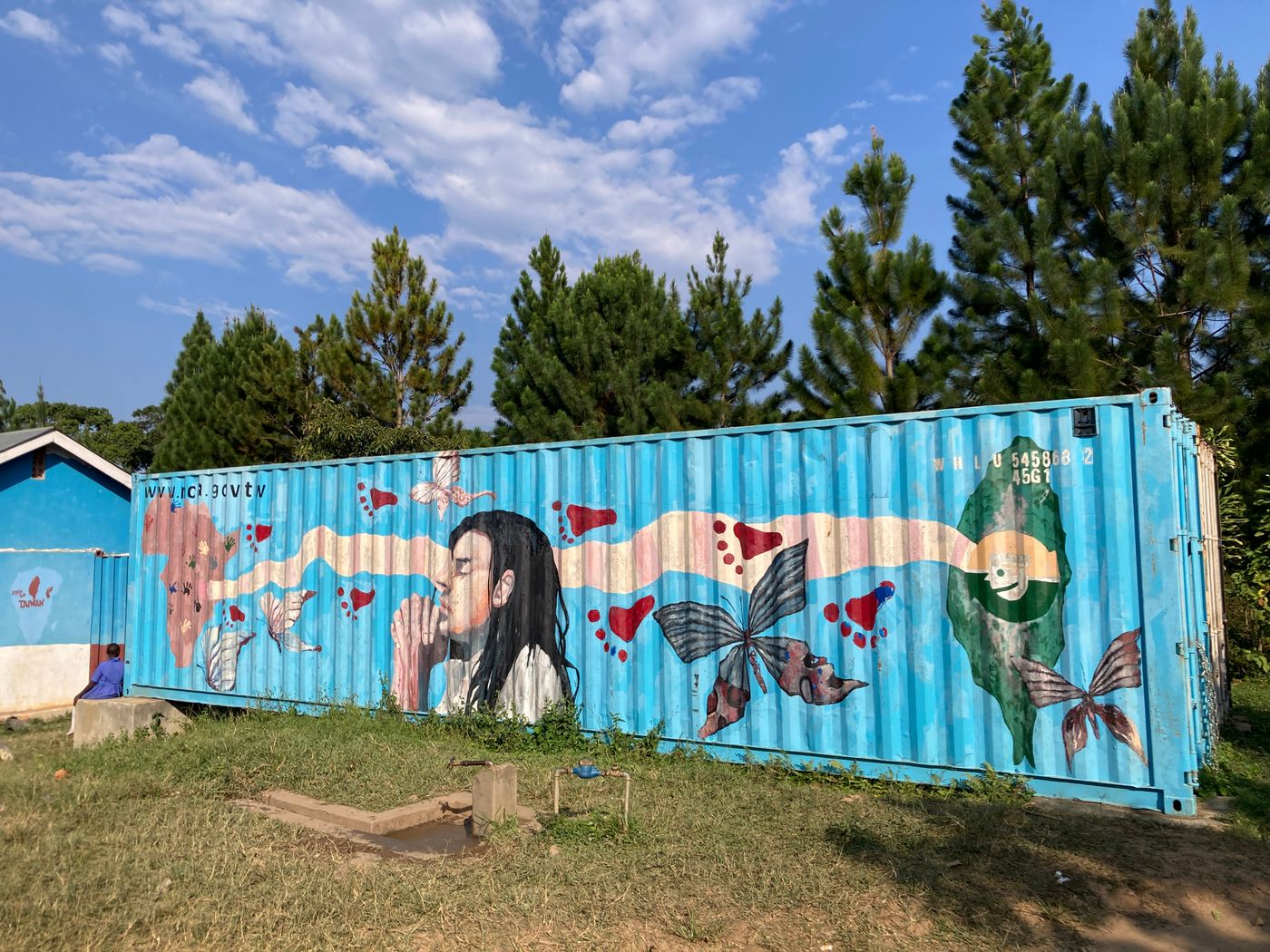
In addition to "Love Girl Love Binti", looking back on this interview in East Africa, I feel that there are two things that are different from the experience before the epidemic.
The first thing is that some of the Taiwanese I met abroad this time have not returned to Taiwan for two or three years because of the epidemic ─ and they mentioned how hot Taiwan's economy has been in the past two years, and they all showed their disbelief expression.
Indeed, since I was a child, I have been accustomed to financial news starting with "economic downturn". If I hadn't stayed in Taiwan for the past few years, it would have been hard to believe that Taiwan's prosperity in the past two years could be so good.
Of course, Taiwan's prosperity is mainly due to the international epidemic and the increase in demand for chips in the international market, which has led to bright export figures. In addition, Taiwan has been well controlled in the first two years of the epidemic. Therefore, compared with other countries, Taiwan has The domestic consumer market has not been affected that much.
Although the results of this wave of economic prosperity are not all rain and dew (middle and high-end restaurants are often hard to find, but many grass-roots food stalls are also struggling. This year's inflation is probably the most emotional one I have ever remembered), But overall, Taiwan's economic performance in the past two years is indeed an outlier in the world (for this point, please refer to the report of "Duan Media": "Taiwan's economy: per capita GDP exceeds 30,000 US dollars, why the salary increase Can’t keep up? >).
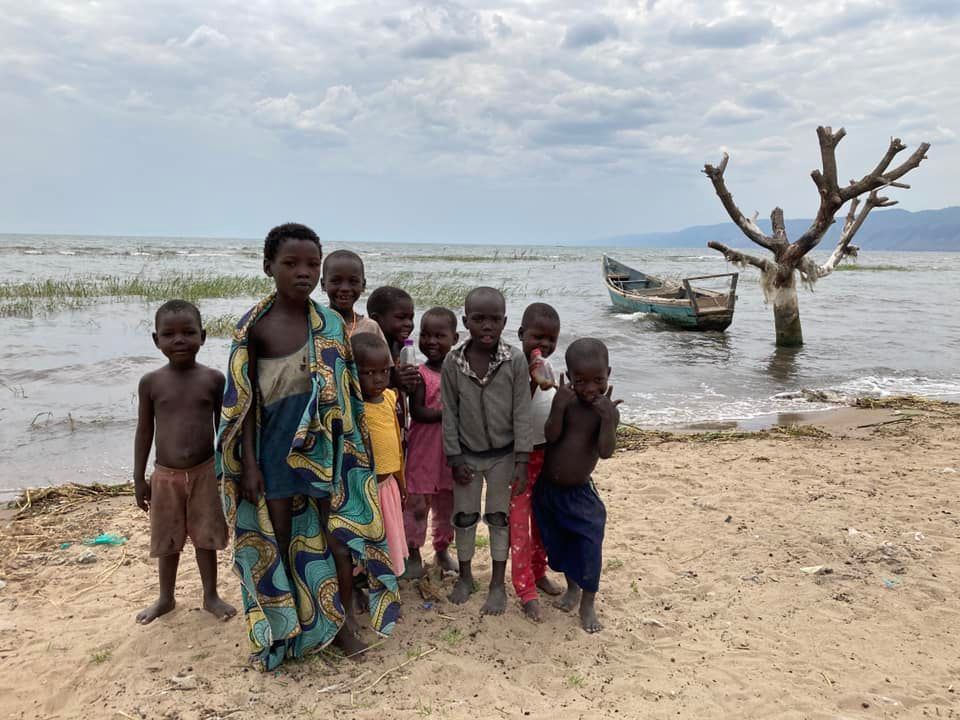
The second thing is that although passersby I met in Africa would still call me "China, China", if they heard me say that they were "from Taiwan", more people would react than before.
The more educated people would ask me almost immediately, "I heard that the relationship between Taiwan and China is not good now?", "Is China going to hit you?"
Isaac of the Taiwanese NGO "Love Binti" who let me live in Uganda also told me that a Ugandan member of Congress had recently approached them.
Isaac said he knew very well that the reason why the legislators came to them as a Taiwanese organization was mainly because after the Ukrainian-Russian war, the international media rushed to report the situation in the Taiwan Strait, and Ugandans also began to know Taiwan.
But on the whole, most East Africans still have a vague impression of Taiwan, and for them, the importance of Taiwan still seems to exist only in the framework of the cross-strait/China-US wrestling.
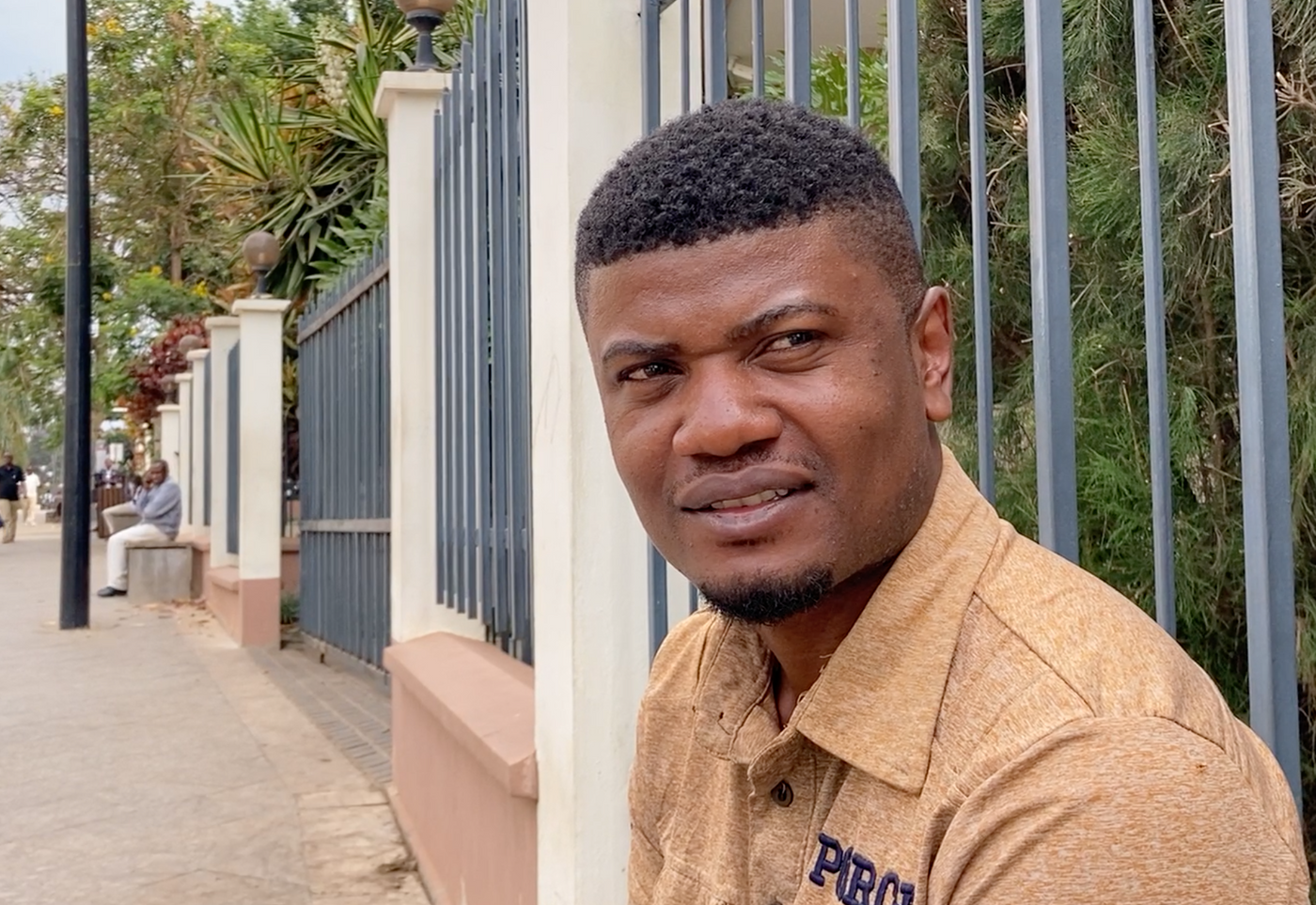
The owner of my Luanda B&B once asked me, "How does Taiwan's economy sustain itself? What do you all produce?"
I told him that Taiwan's industries are diverse, ranging from agriculture, industry to service industries, but the most important product is something called "chips".
"Chips?" Seeing his doubts, I remembered that in Rwanda, which was colonized by Belgium, chips basically only have the meanings of "potato chips" and "french fries", so I had to explain the semiconductor industry and the use of chips to him.
In hindsight, this may also reflect the current state of Taiwan's industry and our position in the industry chain.
From the outside, we are really unremarkable (although our mountains and fields are really beautiful), and we are good at exporting chips, electronic components, and auto parts. These are located in the middle of the industry chain, which are very inconspicuous and cannot be touched by ordinary consumers. A few big brands from Taiwan, targeting international end-consumers (such as ASUS, Acer), are occasionally mistaken for American brands.
Only when the epidemic broke out and the shortage of chips began, the world began to notice, oh, it turns out that something called chips is so important, and the key advanced production capacity is actually in the hands of a Taiwanese company called "TSMC". (For the expansion of TSMC, please refer to the map report page of "Duan Media": "The History of TSMC's Factory Expansion: Yesterday, Today and the Future of Global Foundry ")
Last winter, in the valley of Gongliao, I suddenly discovered that Miscanthus is a surprisingly beautiful plant: it always looks very bleak when it is gloomy, but it is especially beautiful in the sun.
It often grows on wasteland, is often regarded as a weed, and is just an inconspicuous existence next to the road stream; although there are not many sunny days, and although the rhizomes are not very strong, they can still stand dazzlingly at certain times.
In the past two years, Taiwan has occasionally given me the same feeling as Miscanthus.
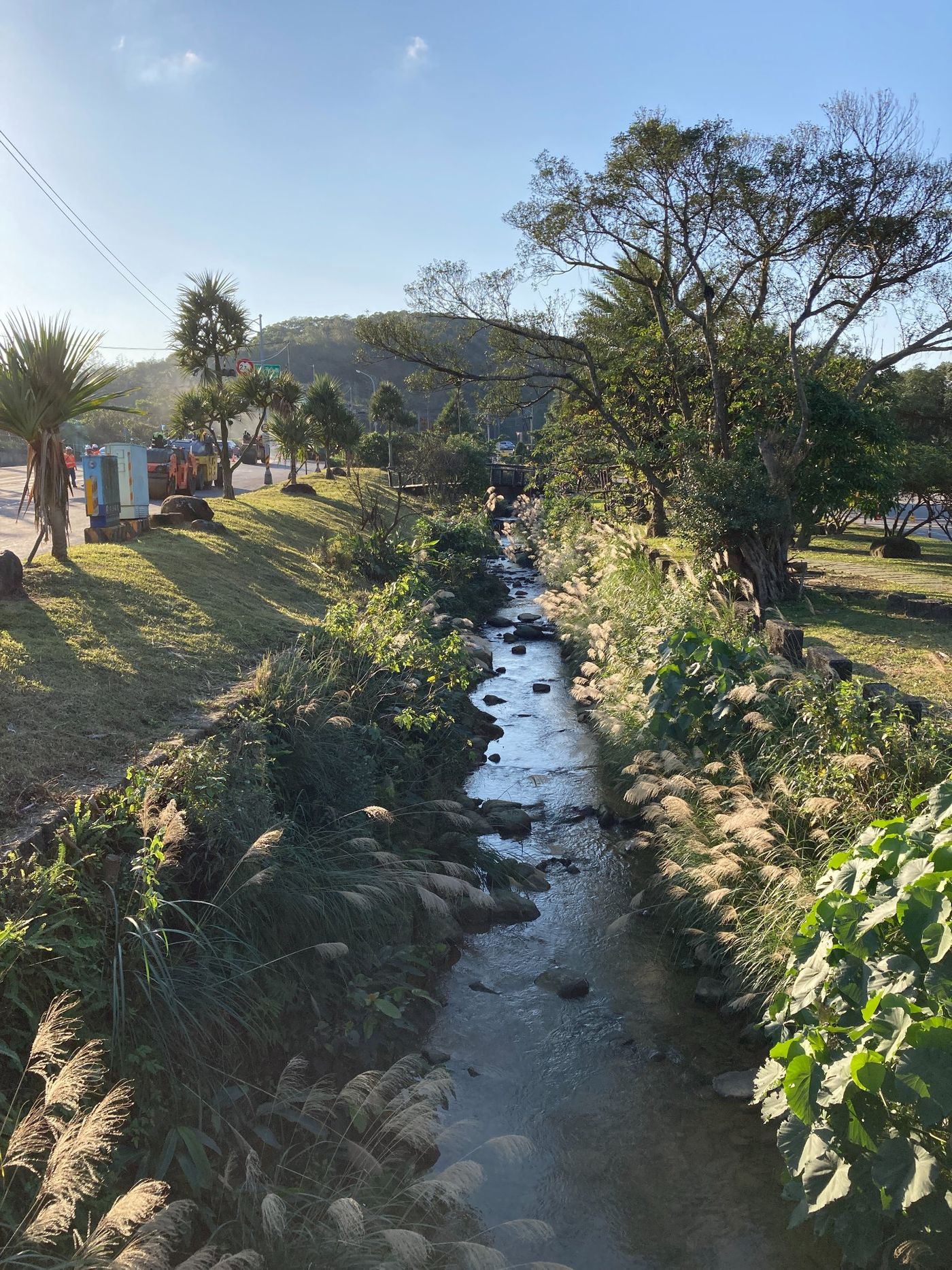
Like my work?
Don't forget to support or like, so I know you are with me..
Comment…